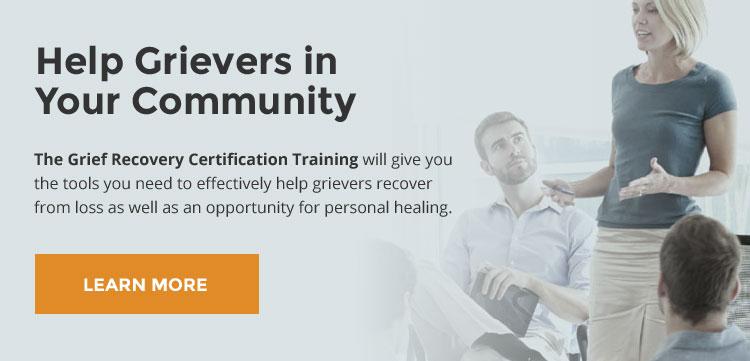As grief professionals, our goal is to help everyone dealing with that confusing emotion called grief. This is particularly challenging when it comes to children. Here are 3 important things to know concerning children and grief. Keeping these points in mind can be very helpful when you are trying to assist parents who are helping their children.
Point One – Children learn how to deal with loss at an early age.
The vast majority of parents don't realize that children, by the age of three, have learned or developed 75% of the skills that they will use for the rest of their lives to deal with issues that face them. As professionals, we may be fully aware of this based on the basic psychology or human development courses we took in school. However, most parents rarely know or think about this when they are dealing with the daily issues related to their children. Parents are very much in the moment when talking to their children and likely don't take into consideration how their children store things in their personal belief system. While the vast majority of the information they pass on is of value, mixed in with all that good information can be misinformation on how to deal with loss.
Point Two - Grief is more than an emotional response to death.
When the word “grief” is mentioned, the vast majority of the general public automatically think of a death. Grief certainly is an emotional reaction to a death. In truth, it is the normal and natural response to any change we experience in life. Children don't need to be dealing with a death to experience grief.
Grief comes in lots of packages. Many of the losses that impact a child may seem insignificant to an adult. As we discussed in a previous article directed to grievers, the example of the loss of a balloon might not matter to an adult because we know that we can always buy another one. However, to a young child that loss can be overwhelming. Likewise, as adults, we become accustomed to friends saying things that we find upsetting. We might take offense, in the moment, but often we are able to look at that comment from a broader perspective, based on our relationship, and not let that statement have a long lasting emotional impact on us. Adolescents and teens do not have an adults' perspective and can find a negative comment or breach of confidentiality emotionally devastating. In both situations, children are dealing with very real grieving experiences for them.
Without even realizing it, the way parents respond to these early grieving experiences can establish a pattern for how the child learns to deal with loss for the rest of their lives! Even though those parents don't see these early issues as being related to grief, they have none the less set a reactive response to loss in their children’s belief systems. It's not that they are trying to pass on bad information to their children; it's just something that happens. As we have said before, a child is the most complex thing that we ever bring home that doesn't have detailed cautionary information stamped on its bottom!
Point Three – Early education on loss for parents helps prepare their children in life; grief education is prevention.
Most parents never think about helping their children deal with personal emotional loss until there is a crisis of some kind. It may be the death of a family member, friend, or pet that forces them to act. It may be a divorce or some other major life event. Rarely do they ever realize that they have already, inadvertently, given their children ineffective tools to deal with this loss with the previous “minor” issues their children have experienced.
When parents face such a crisis, they equally may find themselves at a loss. Their first thought might be to send their children to a “professional” for assistance. The problem is that these children may see the professionals' advice as being in conflict with what they have already learned. A complicating factor, no matter the value of what this professional tries to teach them, can be conflicting information if the parents are not on the same page as the professional. Mixed information or interactions with the childrent can create even greater confusion.
This is where the book “When Children Grieve”, and the support group programs that we have created for parents, can be remarkably effective tools. Both were designed to help parents after they discover that their children experience grief and loss related problems.
Rather than waiting for parents to recognize that they are struggling to help their children deal with an overwhelming loss, you can help them well in advance. This book, and the principles it teaches, are effective when used to assist parents in early childhood development. It offers grief professionals an opportunity to reach out and provide effective tools to parents in a prenatal setting. Why wait until a grief issue surfaces to help children? Doesn’t it make more sense to teach parents the things they need to know to help their children feel safe to express their sadness during those first three years? Again, this is when these children are just starting to develop the belief system that they will use for the rest of their lives.
It's fair to say that most grief recovery educators don't encounter people until after a loss event occurs. I would encourage you to proactively seek out opportunities or forums in which you can start teaching everyone the things that can be of vital importance in advance of the moment of their loss. Rather than labeling these talks as being focused on grief recovery, you might instead refer to them as directed at teaching emotional survival skills. This is a subject that will certainly draw a crowd!



























Add new comment